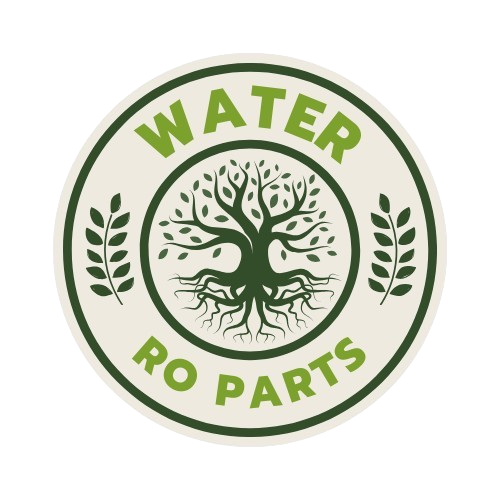Choosing the Right Water Filter: Expert Tips for Clean, Safe Water
Did you know that nearly 43 million people in the United States regularly consume water that doesn’t meet safety standards? Clean, safe water is crucial for your health and overall well-being. Here, we’ll share insights from a water quality specialist to guide you in choosing the right filter for your needs.
Understanding Your Water’s Needs
Testing Your Water
Begin by testing your water. This helps you identify impurities that may be harmful. You can get a water testing kit from local health departments or online providers. Common contaminants include:
- Lead: Often found in older pipes, it can cause serious health issues.
- Chlorine: Used for disinfection but can lead to unpleasant tastes.
- Sediment: This may result from rust or dirt, affecting both taste and appearance.
Identifying Contaminants of Concern
Understanding what’s in your water helps you select a filter that effectively removes specific contaminants. For example, a report from the Environmental Protection Agency (EPA) highlights high lead levels in some urban areas. Understanding the health risks associated with these contaminants is vital:
- Lead: Can cause developmental issues in children.
- Chlorine: Linked to respiratory problems.
- Sediment: Can interfere with plumbing and appliances.
Understanding Water Hardness
Water hardness relates to calcium and magnesium levels. Hard water can lead to scale buildup in pipes and appliances, reducing their lifespan. To determine hardness levels, test kits are available online or in stores.
Types of Water Filters: A Comprehensive Overview
Filter Types Explained
Different filters serve various needs. Here are some common types:
- Pitcher Filters: Great for small households but require frequent changes.
- Faucet-Mounted: Easy to install, offering better filtration but may reduce water pressure.
- Under-Sink Systems: Offer excellent filtration for drinking water but require plumbing knowledge.
- Whole-House Filters: Best for larger homes, protecting all faucets but can be more costly.
Filtration Technologies
Each filtration method has unique strengths:
- Carbon Filtration: Good for chlorine and sediment.
- Reverse Osmosis: Effective against lead, nitrates, and other contaminants.
- UV Sterilization: Kills bacteria and viruses but does not remove chemicals.
Expert opinions suggest that knowing the specific contaminants present in your water helps decide which filtration technology works best.
Filter Media Comparison
Common media include:
- Activated Carbon: Great for chlorine but may not remove heavy metals.
- Sediment Filters: Capture larger particles but need to be paired with other filters for complete protection.
Choosing the Right Filter for Your Needs
Budget Considerations
Prices for water filters vary widely. Pitchers can cost around $20, while whole-house systems can exceed $1,000. Look for options that fit your budget but also ensure quality.
Flow Rate and Capacity
Consider the flow rate (how fast water comes out) and filter capacity (how much it can filter before needing a change). A family of four may need a filter with a higher capacity to avoid constant replacements.
Installation and Maintenance
Installing a filter may seem daunting, but most can be done with basic tools. Regular maintenance is crucial; knowing when to replace filters ensures optimal performance.
Maintaining Your Water Filter: Key Steps for Optimal Performance
Regular Filter Changes
Replacing filters according to the manufacturer’s schedule is essential. Neglecting this can lead to poor water quality. For instance, a sediment filter ignored for too long can become clogged, reducing flow.
Cleaning and Maintenance
Most filters require periodic cleaning. For faucet-mounted filters, just rinse and scrub with a mild detergent. Always follow safety precautions to avoid contamination.
Troubleshooting Common Issues
If you notice low flow rates or leaks, check the filter’s installation. Sometimes, filters just need a quick clean, but persistent issues might require replacement.
Expert Insights and Final Thoughts
In summary, ensure that you understand your water’s specific needs, choose the right filter type and technology, and commit to regular maintenance. Clean water is vital for health, and selecting the appropriate filter can make all the difference. Test your water today and start your journey towards quality hydration.

